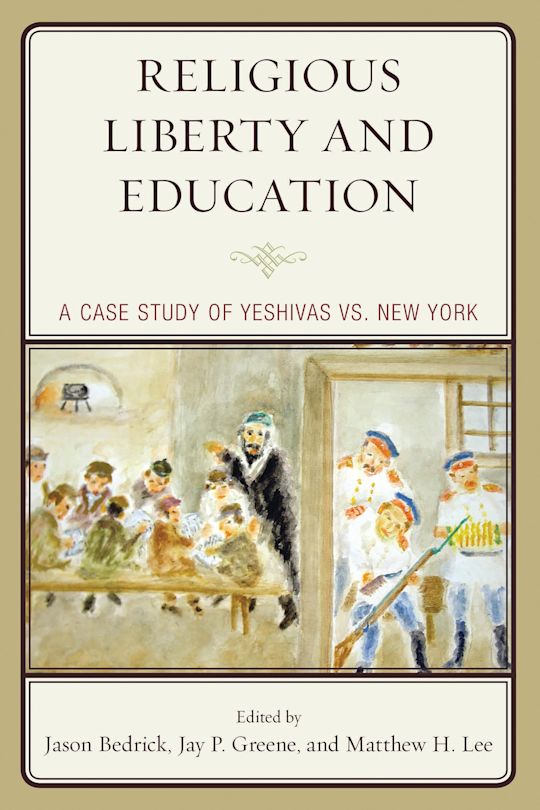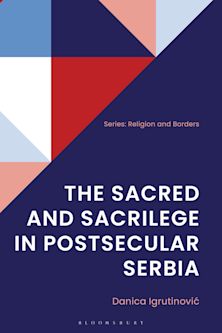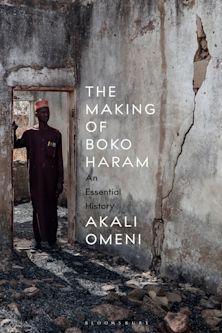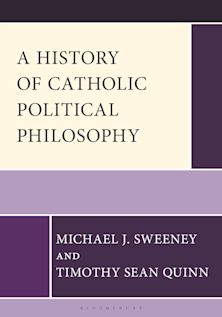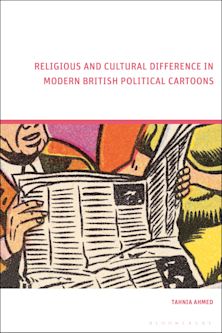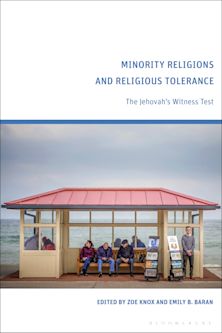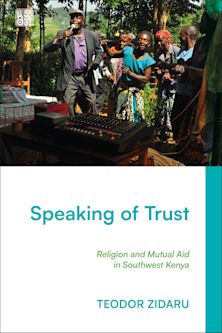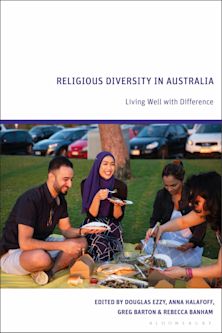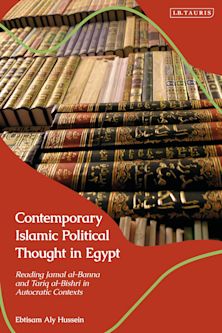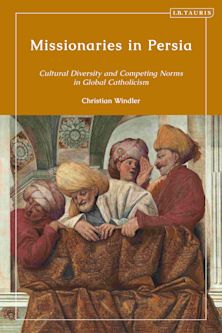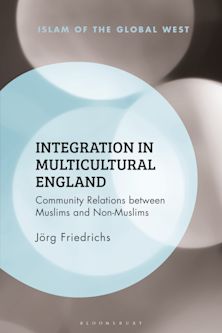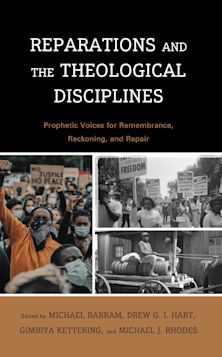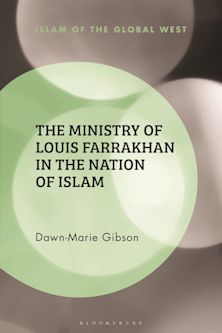Religious Liberty and Education
A Case Study of Yeshivas vs. New York
Religious Liberty and Education
A Case Study of Yeshivas vs. New York
Description
Over the last few years, Orthodox Jewish private schools, also known as yeshivas, have been under fire by a group of activists known as Young Advocates for Fair Education, run by several yeshiva graduates, who have criticized them for providing an inadequate secular education.
At the heart of the yeshiva controversy lies two important interests in education: the right of the parent to choose an appropriate education, which may include values-laden religious education, and the right of each child to receive an appropriate education, as guaranteed by the state. These interests raise further questions. If preference is given to the former, how much freedom should be given to a parent in choosing an appropriate education? If the latter, how does the state define what constitutes an appropriate education or measure the extent to which an appropriate education has been achieved? And when can—or must—the state override the wishes of parents? The purpose of this book is to explore these difficult questions.
Table of Contents
Introduction
Part One – Philosophical Perspectives on Religious Liberty in Education
In Defense of Yeshiva Autonomy by Kevin VallierEducational Pluralism: Distinctive Schools and Academic Accountability by Ashley BernerPork Eating is Not a Reasonable Way of Life: Yeshiva Education vs. Liberal Educational Theory by Rita KoganzonPart Two – Religious Liberty and Education Law
State Regulation of Curriculum in Private Religious Schools: A Constitutional Analysis by Aaron SaigerThe Yeshiva Case: A Legal Path Forward by Howard Slugh and Devorah GoldmanChallenges to Educational Freedom in Europe by Charles L. GlennPart Three – Implications for Different Communities
“Substantial Equivalency”: Implications for the Jewish Community by Avi SchickThe Philosophical Futility of “Substantial Equivalency” in the Interplay of Religious and Public Education: A Christian School Perspective by Jay FergusonBetween Tradition and Regulation: What Can Muslim Education Offer the West? by Jibran KhanAn Impossible (and Impermissible) Dream: Equivalency in Homeschools by Michael P. DonnellyPart Four – Charting a Path Forward
Conclusion: Rabbi Nehorai Gets the Last Word by Ira StollAbout the Contributors
Product details
| Published | Sep 01 2020 |
|---|---|
| Format | Ebook (Epub & Mobi) |
| Edition | 1st |
| Extent | 184 |
| ISBN | 9781475854411 |
| Imprint | Rowman & Littlefield |
| Publisher | Bloomsbury Publishing |
Reviews

ONLINE RESOURCES
Bloomsbury Collections
This book is available on Bloomsbury Collections where your library has access.









